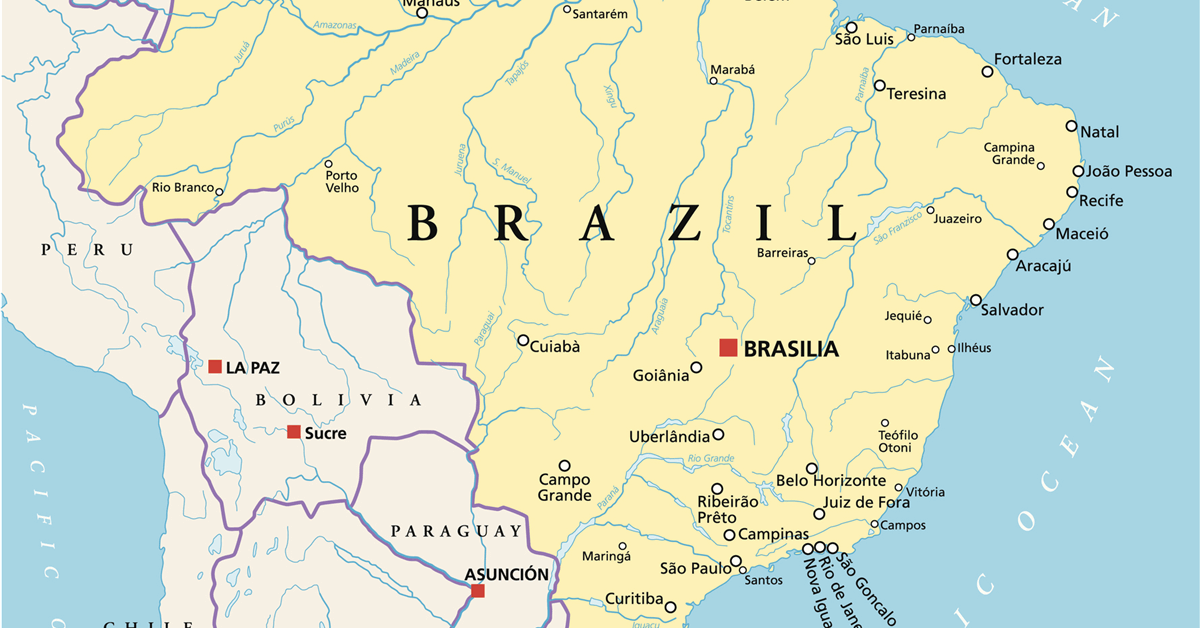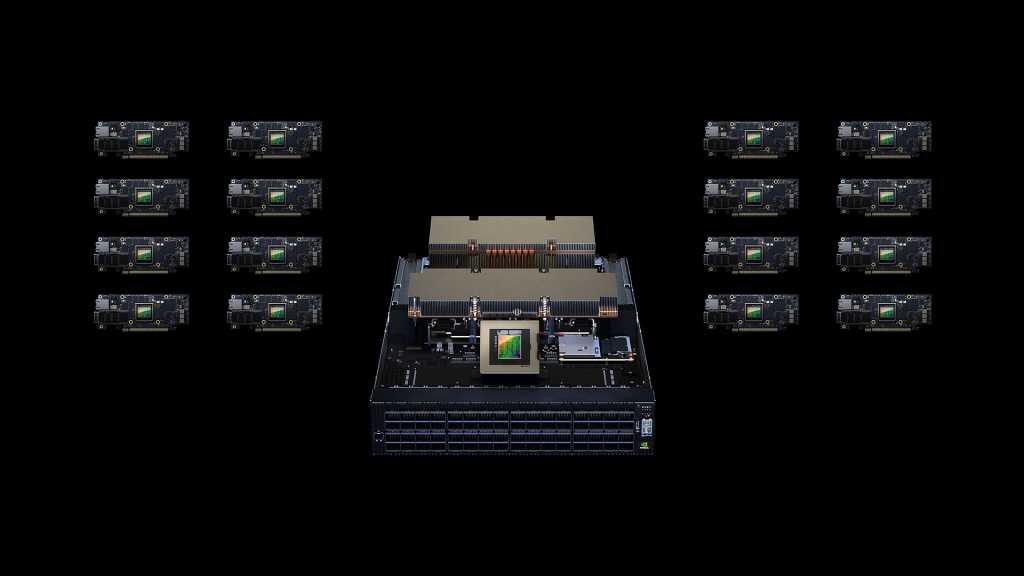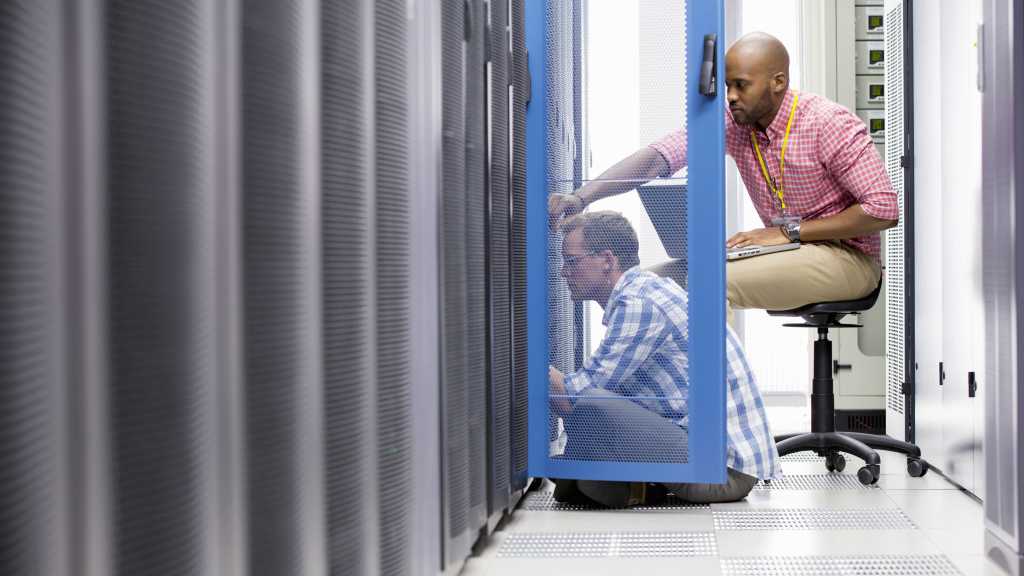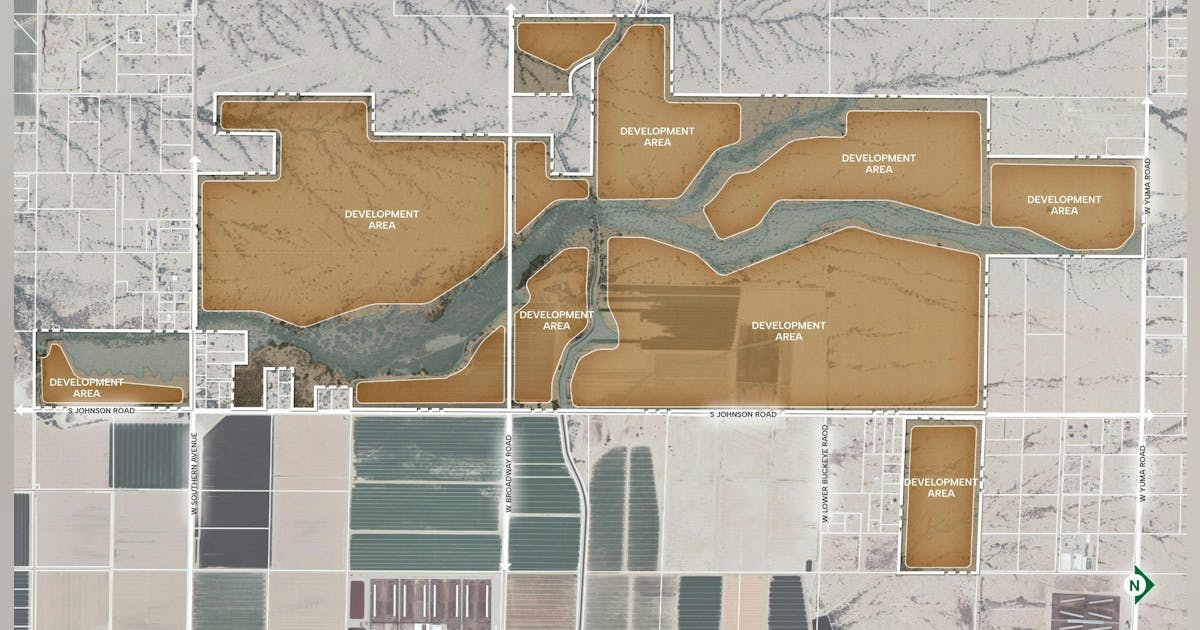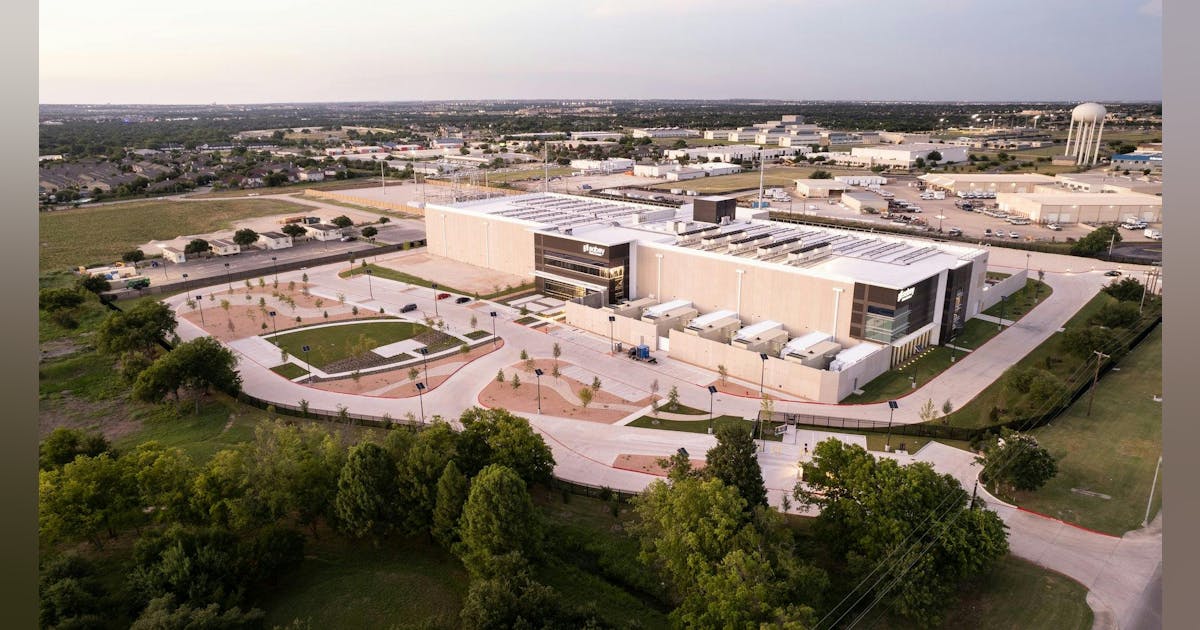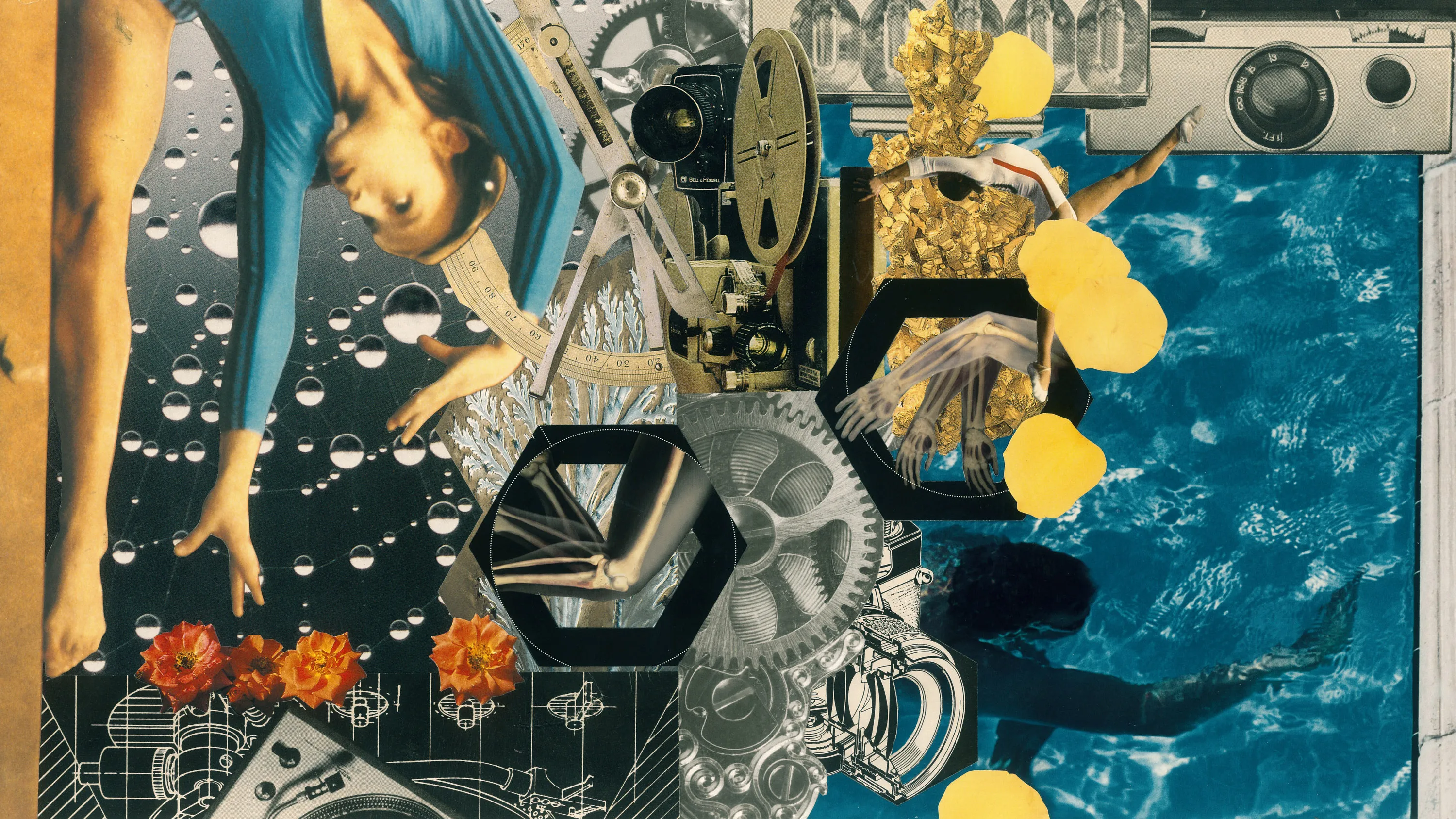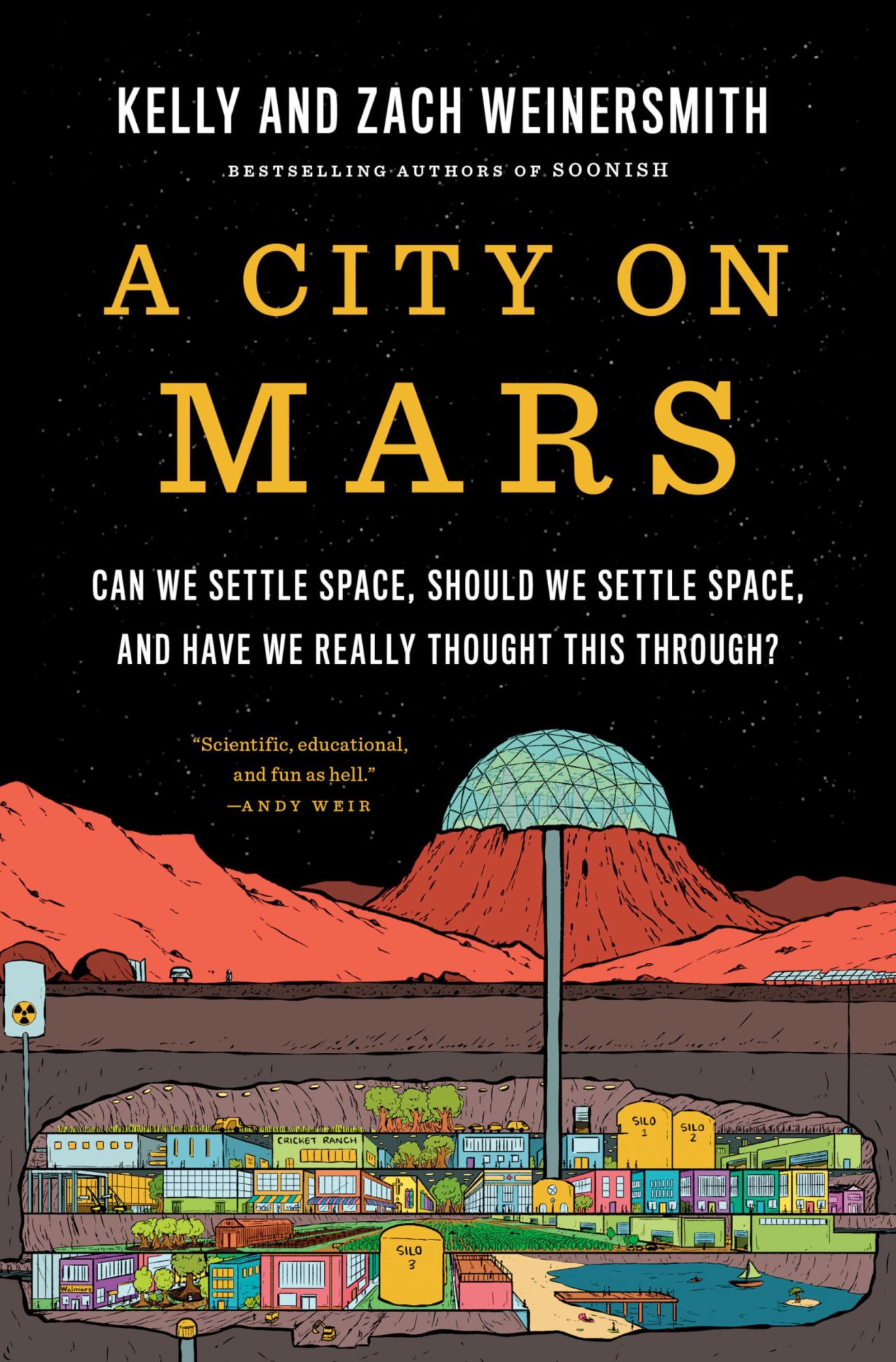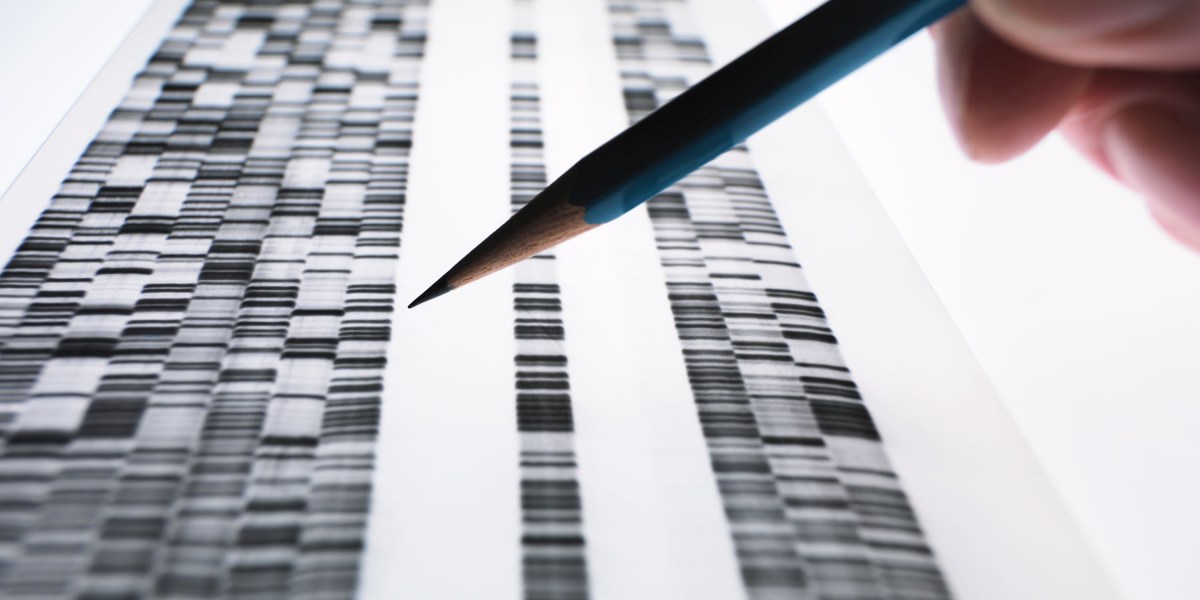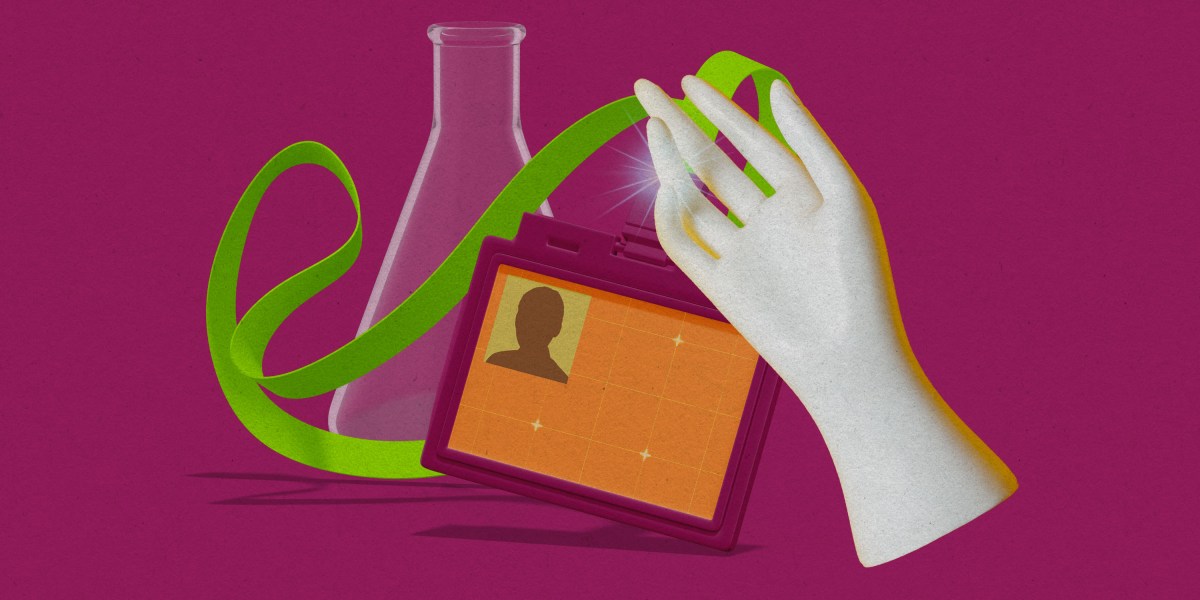
In October, a new academic conference will debut that’s unlike any other. Agents4Science is a one-day online event that will encompass all areas of science, from physics to medicine. All of the work shared will have been researched, written, and reviewed primarily by AI, and will be presented using text-to-speech technology.
The conference is the brainchild of Stanford computer scientist James Zou, who studies how humans and AI can best work together. Artificial intelligence has already provided many useful tools for scientists, like DeepMind’s AlphaFold, which helps simulate proteins that are difficult to make physically. More recently, though, progress in large language models and reasoning-enabled AI has advanced the idea that AI can work more or less as autonomously as scientists themselves—proposing hypotheses, running simulations, and designing experiments on their own.
That idea is not without its detractors. Among other issues, many feel AI is not capable of the creative thought needed in research, makes too many mistakes and hallucinations, and may limit opportunities for young researchers.
Nevertheless, a number of scientists and policymakers are very keen on the promise of AI scientists. The US government’s AI Action Plan describes the need to “invest in automated cloud-enabled labs for a range of scientific fields.” Some researchers think AI scientists could unlock scientific discoveries that humans could never find alone. For Zou, the proposition is simple: “AI agents are not limited in time. They could actually meet with us and work with us 24/7.”
Last month, Zou published an article in Nature with results obtained from his own group of autonomous AI workers. Spurred on by his success, he now wants to see what other AI scientists (that is, scientists that are AI) can accomplish. He describes what a successful paper at Agents4Science will look like: “The AI should be the first author and do most of the work. Humans can be advisors.”
A virtual lab staffed by AI
As a PhD student at Harvard in the early 2010s, Zou was so interested in AI’s potential for science that he took a year off from his computing research to work in a genomics lab, in a field that has greatly benefited from technology to map entire genomes. His time in so-called wet labs taught him how difficult it can be to work with experts in other fields. “They often have different languages,” he says.
Large language models, he believes, are better than people at deciphering and translating between subject-specific jargon. “They’ve read so broadly,” Zou says, that they can translate and generalize ideas across science very well. This idea inspired Zou to dream up what he calls the “Virtual Lab.”
At a high level, the Virtual Lab would be a team of AI agents designed to mimic an actual university lab group. These agents would have various fields of expertise and could interact with different programs, like AlphaFold. Researchers could give one or more of these agents an agenda to work on, then open up the model to play back how the agents communicated to each other and determine which experiments people should pursue in a real-world trial.
Zou needed a (human) collaborator to help put this idea into action and tackle an actual research problem. Last year, he met John E. Pak, a research scientist at the Chan Zuckerberg Biohub. Pak, who shares Zou’s interest in using AI for science, agreed to make the Virtual Lab with him.
Pak would help set the topic, but both he and Zou wanted to see what approaches the Virtual Lab could come up with on its own. As a first project, they decided to focus on designing therapies for new covid-19 strains. With this goal in mind, Zou set off training five AI scientists (including ones trained to act like an immunologist, a computational biologist, and a principal investigator) with different objectives and programs at their disposal.
Building these models took a few months, but Pak says they were very quick at designing candidates for therapies once the setup was complete: “I think it was a day or half a day, something like that.”
Zou says the agents decided to study anti-covid nanobodies, a cousin of antibodies that are much smaller in size and less common in the wild. Zou was shocked, though, at the reason. He claims the models landed on nanobodies after making the connection that these smaller molecules would be well-suited to the limited computational resources the models were given. “It actually turned out to be a good decision, because the agents were able to design these nanobodies efficiently,” he says.
The nanobodies the models designed were genuinely new advances in science, and most were able to bind to the original covid-19 variant, according to the study. But Pak and Zou both admit that the main contribution of their article is really the Virtual Lab as a tool. Yi Shi, a pharmacologist at the University of Pennsylvania who was not involved in the work but made some of the underlying nanobodies the Virtual Lab modified, agrees. He says he loves the Virtual Lab demonstration and that “the major novelty is the automation.”
Nature accepted the article and fast-tracked it for publication preview—Zou knew leveraging AI agents for science was a hot area, and he wanted to be one of the first to test it.
The AI scientists host a conference
When he was submitting his paper, Zou was dismayed to see that he couldn’t properly credit AI for its role in the research. Most conferences and journals don’t allow AI to be listed as coauthors on papers, and many explicitly prohibit researchers from using AI to write papers or reviews. Nature, for instance, cites uncertainties over accountability, copyright, and inaccuracies among its reasons for banning the practice. “I think that’s limiting,” says Zou. “These kinds of policies are essentially incentivizing researchers to either hide or minimize their usage of AI.”
Zou wanted to flip the script by creating the Agents4Science conference, which requires the primary author on all submissions to be an AI. Other bots then will attempt to evaluate the work and determine its scientific merits. But people won’t be left out of the loop entirely: A team of human experts, including a Nobel laureate in economics, will review the top papers.
Zou isn’t sure what will come of the conference, but he hopes there will be some gems among the hundreds of submissions he expects to receive across all domains. “There could be AI submissions that make interesting discoveries,” he says. “There could also be AI submissions that have a lot of interesting mistakes.”
While Zou says the response to the conference has been positive, some scientists are less than impressed.
“How do you get leaps of insight?”
Lisa Messeri
Lisa Messeri, an anthropologist of science at Yale University, has loads of questions about AI’s ability to review science: “How do you get leaps of insight? And what happens if a leap of insight comes onto the reviewer’s desk?” She doubts the conference will be able to give satisfying answers.
Last year, Messeri and her collaborator Molly Crockett investigated obstacles to using AI for science in another Nature article. They remain unconvinced of its ability to produce novel results, including those shared in Zou’s nanobodies paper.
“I’m the kind of scientist who is the target audience for these kinds of tools because I’m not a computer scientist … but I am doing computationally oriented work,” says Crockett, a cognitive scientist at Princeton University. “But I am at the same time very skeptical of the broader claims, especially with regard to how [AI scientists] might be able to simulate certain aspects of human thinking.”
And they’re both skeptical of the value of using AI to do science if automation prevents human scientists from building up the expertise they need to oversee the bots. Instead, they advocate for involving experts from a wider range of disciplines to design more thoughtful experiments before trusting AI to perform and review science.
“We need to be talking to epistemologists, philosophers of science, anthropologists of science, scholars who are thinking really hard about what knowledge is,” says Crockett.
But Zou sees his conference as exactly the kind of experiment that could help push the field forward. When it comes to AI-generated science, he says, “there’s a lot of hype and a lot of anecdotes, but there’s really no systematic data.” Whether Agents4Science can provide that kind of data is an open question, but in October, the bots will at least try to show the world what they’ve got.








